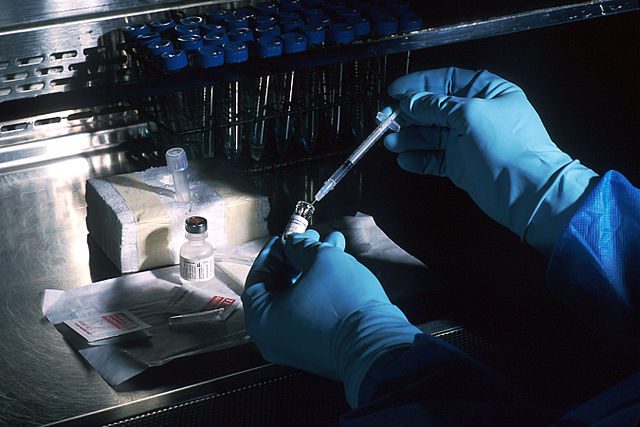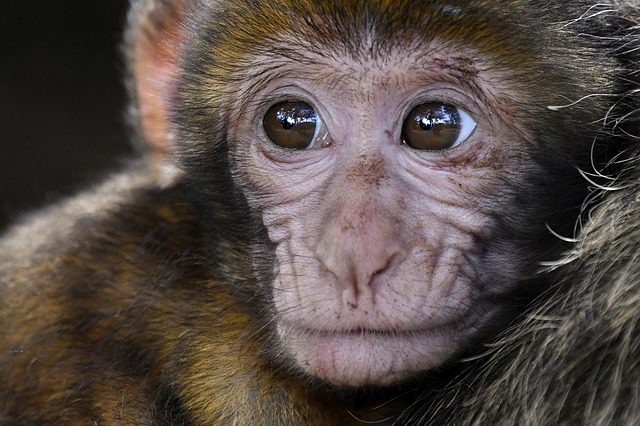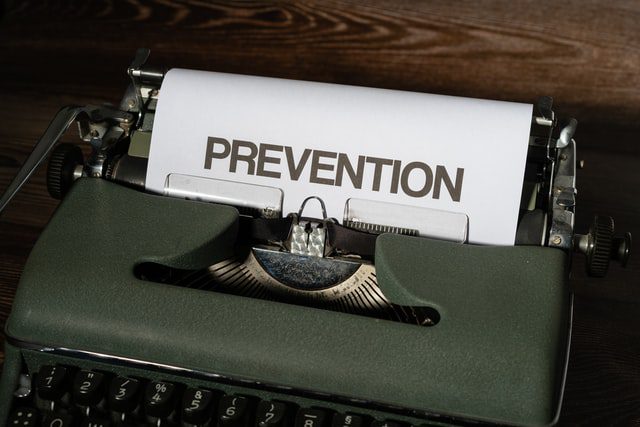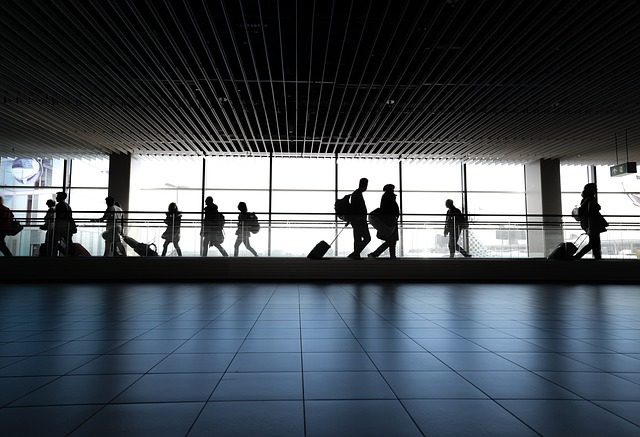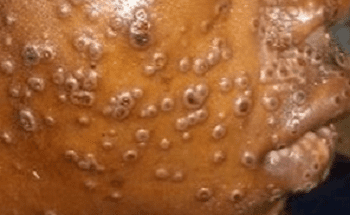
Monkeypox remains viable in aeorosol for up to 90 hours
Monkeypox is resistant to degradation when in aerosol, remaining viable in suspension for up to 90 hours.
Here the susceptibility to aerosolization of the monkeypox virus (MPXV), associated with emerging zoonotic diseases, was studied using a 10.7 liter rotating chamber. This chamber was built to fit inside a Class three biological safety cabinet, specifically for studying airborne biosafety level three (BSL3) microorganisms. Airborne viruses were detected by culture and quantitative polymerase chain reaction (qPCR) after up to 90 hours of aging.
Viral concentrations detected dropped by two logs for culture analysis and by one log for qPCR analysis within the first 18 hours of aging; viral concentrations were stable between 18 and 90 hours, suggesting a potential for the MPXV to retain infectivity in aerosols for more than 90 hours.
2012 research: Susceptibility of Monkeypox virus aerosol suspensions in a rotating chamber
Cynomolgus monkeys were exposed by fine-particle aerosol to lethal doses of monkeypox virus, Zaire strain. Death, attributable to fibrinonecrotic bronchopneumonia, occurred 9 to 17 days post-exposure. Lower airway epithelium served as the principal target for primary infection.

